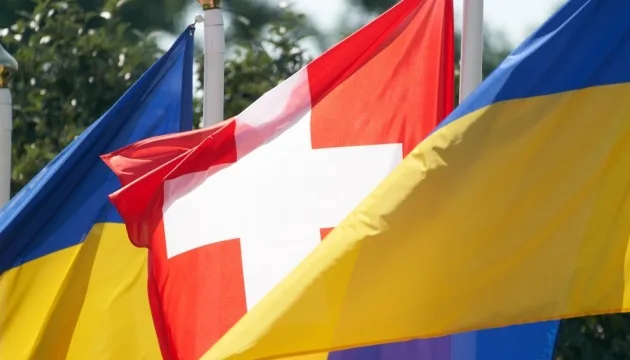
Swiss lawmakers have narrowly backed moves towards allowing the use of frozen Russian state assets to fund war reparations in Ukraine, AFP reports.
The issue has been hotly debated in Switzerland, where discretion in the key banking industry and the country’s tradition of neutrality are highly valued.
The upper house of parliament voted by 21-19 in favor of a series of government-backed motions, with three abstentions. These motions pave the way for the government to work on establishing an international legal basis for using frozen aggressor-state assets to pay for reparations in attacked countries.
According to AFP, more than $8 billion in Russian central bank reserves and assets are currently held in Switzerland. Foreign Minister Ignazio Cassis told parliament, “Russia has seriously violated international law. It must therefore repair the damage caused.”
Cassis argued that since Russia’s full-scale invasion of Ukraine in February 2022, Switzerland had supported the affected populations with around 3 billion Swiss francs ($3.4 billion). The government also aims to spend around 1.5 billion Swiss francs on Ukraine and the region between 2025 and 2028, and plans to host a peace conference later this year.
During the debate, concerns were raised about whether Switzerland’s image on neutrality might be harmed, and whether the country was doing enough in the face of war in Europe. However, Cassis maintained that Switzerland had no reason to “blush” when talking about Ukraine on the international stage, whether it was on the financial, diplomatic, or humanitarian front.
Switzerland’s long-standing position is one of well-armed military neutrality, and it has refused to send arms to Kyiv or allow countries that hold Swiss-made weaponry to re-export it to Ukraine. However, it has matched the European Union’s economic sanctions on Russia.
According to the Swiss Bankers Association, Russian clients held approximately 150 billion Swiss francs in banks in Switzerland as of March 2022, making the country a long-favored destination for wealthy Russians and their assets.
Related:

